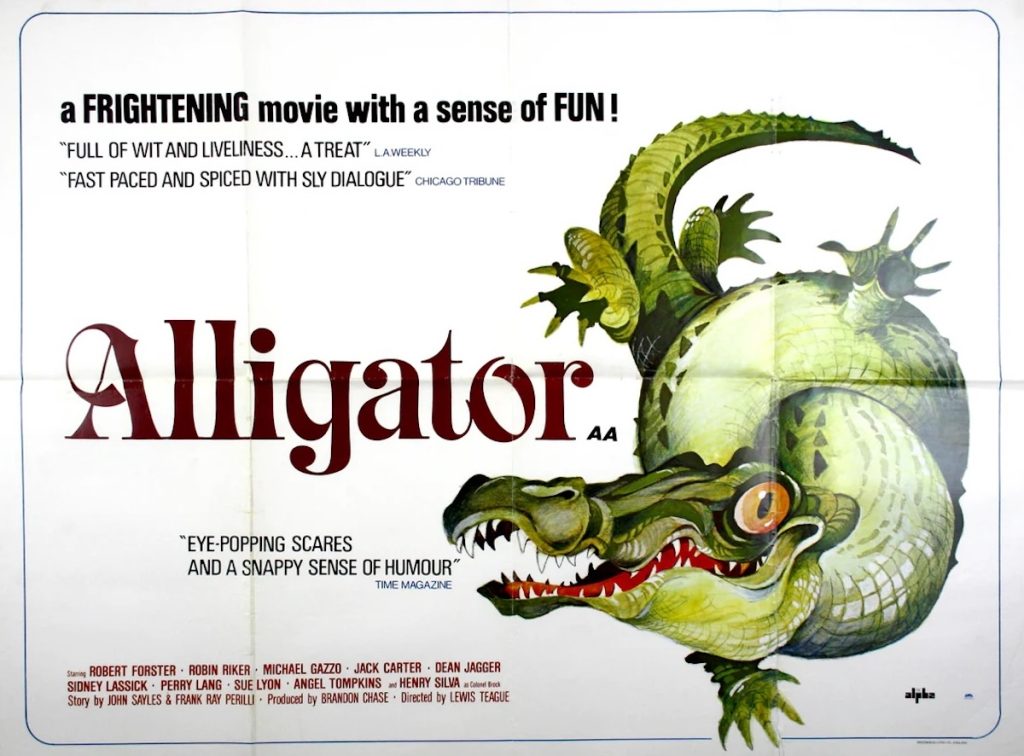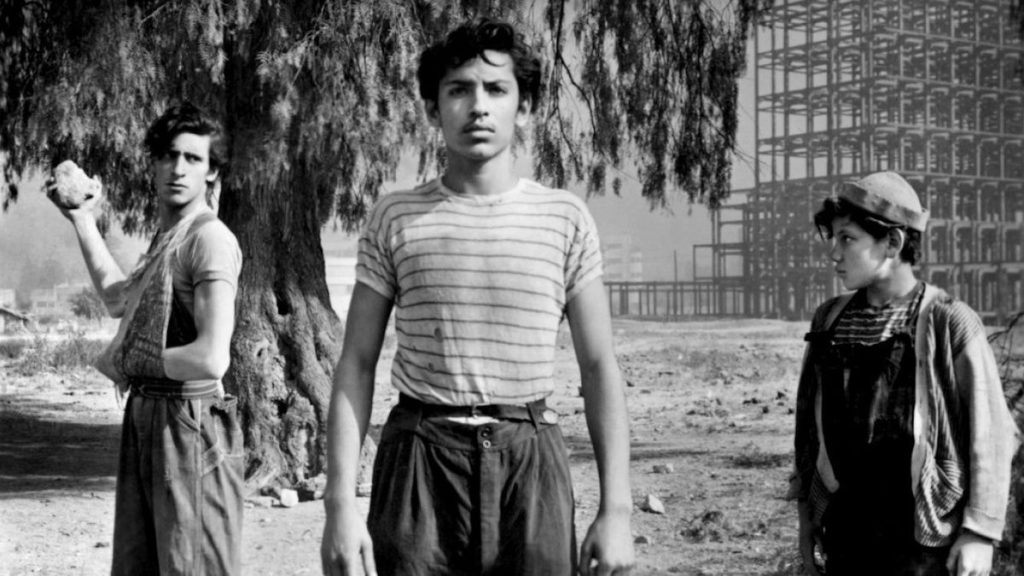It is strange to consider how often teen movies are about young women, and how frequently those stories are told by men. Look at the genre output from the 1980s to the 2000s, and female screenwriters are rare; female directors, even more so. Molly Ringwald was a genre princess, but her reign of characters—Samantha in 1984’s Sixteen Candles, Claire in 1985’s The Breakfast Club, Andie in 1986’s Pretty in Pink—were all written by John Hughes. 1989’s Heathers, the pitch-black comedy starring Winona Ryder as the sole Veronica in a clique of infighting Heathers, was written by Daniel Waters and directed by Michael Lehmann. 2000’s Bring It On, about rival cheerleading squads led by Gabrielle Union and Kirsten Dunst, was written by Jessica Bendinger but directed by Peyton Reed. You get the idea!
Amid that homogeny, Amy Heckerling’s thoroughly charming Clueless sparkles as much as the diamonds studded into the film’s stylized title card. Written and directed by Heckerling (who previously showed her adeptness at coming-of-age storytelling with her massively successful directorial debut, 1982’s Fast Times at Ridgemont High), Clueless was a pop culture behemoth. Alicia Silverstone exploded into ‘90s It Girl status, eventually becoming Batgirl in the late Joel Schumacher’s gloriously campy Batman & Robin. A spinoff TV series premiered on ABC’s much-watched TGIF block. Paul Rudd caused more swooning a couple years later as the guileless, handsome Paris in Baz Luhrmann’s Romeo + Juliet; he hasn’t aged since. With a witty script overflowing with a broad range of references (Twin Peaks; the Baldwin brothers; Rebel Without a Cause), an array of eye-catching fashions, and a winning ensemble cast, Clueless’s legacy remains its seemingly radical approach of letting a young woman speak for herself.

An adaptation of Jane Austen’s 1815 novel Emma (the first in a trio of ‘90s versions, with Gwyneth Paltrow and Kate Beckinsale later putting their spins on the character), Clueless invites us into the exclusively moneyed, mostly gated community of Beverly Hills. The mansions are opulent, the fashions are never last-season, and the credit card limits are unfathomable. In this world, Cher Horowitz (Silverstone) is unmatched. The most popular girl in school whose litigator father instilled in her an argumentative spirit, Cher is self-assured, self-confident, and—not mean-spiritedly, but undeniably—self-absorbed. Through first-person narration, she insists she lives “a way-normal life for a teenage girl,” but normalcy in Beverly Hills might look like narcissism somewhere else.
Still, it’s hard to dislike Cher, even if her description of her relationship with best friend Dionne (Stacey Dash) is because “we both know what it’s like to have people be jealous of us.” Silverstone graces Cher with such innocence and sincerity that her sunny disposition is infectious, her loyalty to her friends admirable, and her tenacity beguiling. She mispronounces Haitians as “Haiti-ians” during a presentation in Mr. Hall’s (Wallace Shawn) debate class, but her closer, “It does not say RSVP on the Statue of Liberty,” has altruistic energy. She engineers a romantic relationship between Mr. Hall and fellow teacher Miss Geist (Twink Caplan) as a way to improve both their moods (and therefore ease the rigidity of their grading), but she’s genuinely moved by their affection for each other. The round of applause from her fellow students is a bonus; her glimpse of Mr. Hall and Miss Geist enjoying a thermos of coffee together, indulging in a respite from their classroom responsibilities, is a reminder that love can blossom anywhere. And although her offer of friendship, and a makeover, to new student Tai (the late Brittany Murphy) is primarily motivated by an egocentric belief that to be in Cher’s orbit is inherently a prize, the shame Cher later feels when she realizes how selfish she’s been is a sign of personal growth.

“What makes somebody a better person?” Cher wonders, and Clueless is gentle in its suggestions of charity, compassion, and patience. Heckerling’s film gives its characters space to evolve not into entirely different people, but into more considerate, more tolerant, more generous—and yet recognizable—versions of themselves. Take Rudd’s college freshman Josh, a quintessential Gen-X’er with an Amnesty International T-shirt, preference for what Cher calls “complaint rock,” and desire to pursue environmental law. At first, he uses his interests as a way to elevate himself above his former stepsister—but when he realizes he underestimated Cher, he quits his condescension. Cher, believing herself in love with the Rat Pack wannabe Christian (Justin Walker), is embarrassed when she realizes her crush is gay—but never aims her disappointment at him. Their friendship only grows stronger afterward. And when Cher and Tai fight, with Tai’s classic insult of “You’re a virgin who can’t drive,” Cher doesn’t attack. She knows she’s wrongly used Tai as a way to boost her own social capital—and she vows instead to work on herself before she can dare dream of improving someone else.
The aesthetics of Clueless are, as time would tell, just as integral to Heckerling’s classic as that message of tenderness. One could compellingly argue that the pervasiveness of the word “like” in our contemporary lexicon is an effect of the film’s omnipresence. Twenty-five years later, Cher’s iconic yellow plaid suit is a perennial Halloween favorite. Costume designer Mona May’s combination of designer and vintage pieces—a high/low style she also applied to other ‘90s favorites like Romy and Michele’s High School Reunion, The Wedding Singer, and Never Been Kissed, as well as the Clueless TV show—is still mimicked today by fast-fashion companies like Forever 21 and H&M. The incorporation of recognizable California details like Cher’s Persian Mafia classmates, Rodeo Drive shopping preferences, and skateboarding competitions by the beach added an authentic sense of place.

And Heckerling’s use of sight gags allows for clever humor throughout, like when Josh and Cher, beginning to realize their feelings, lightly mock each other. Heckerling frames the pair when Josh calls Cher Pippi Longstocking for her pigtails and Cher calls Josh Forrest Gump for his baseball hat, and maintains the shot when Cher hastily undoes her braids and Josh whips off the cap. There’s not much nonchalance in either teen once their teasing banter transforms into something else, but that romance is the appeal of Clueless, too. The way Josh caresses a lock of Cher’s hair during a kiss they share at Mr. Hall and Miss Geist’s wedding—the final shot of the film—is the kind of affectionate, joyous detail that makes Clueless as yearningly dreamy as it is consistently funny.
A discussion of the stark, drastic disparities between men and women when it comes to their treatment in Hollywood has to include Heckerling. After the smashing success of Clueless, Heckerling didn’t direct again for five years until 2000’s Loser. She reunited with Rudd for the direct-to-DVD romantic comedy I Could Never Be Your Woman and with Silverstone for the underseen comedy horror Vamps before transitioning into TV, with stints on Gossip Girl and Red Oaks. Recently revealed details about Heckerling’s personal life, including the secret that her daughter’s biological father was Ghostbusters director Harold Ramis, have contextualized what might have stalled her career. And so it’s somewhat bittersweet to watch Clueless, with its effortless craftsmanship, empathetic point of view, and ultimate defense of Cher as more than “just a ditz with a credit card,” and wonder what else Heckerling could have done if given the opportunity. To what other young women could she have provided a voice? “I want to help,” Cher had told Miss Geist in her realization that she could be more, do more, and achieve more. Hollywood should have given Heckerling the same chance, too.



